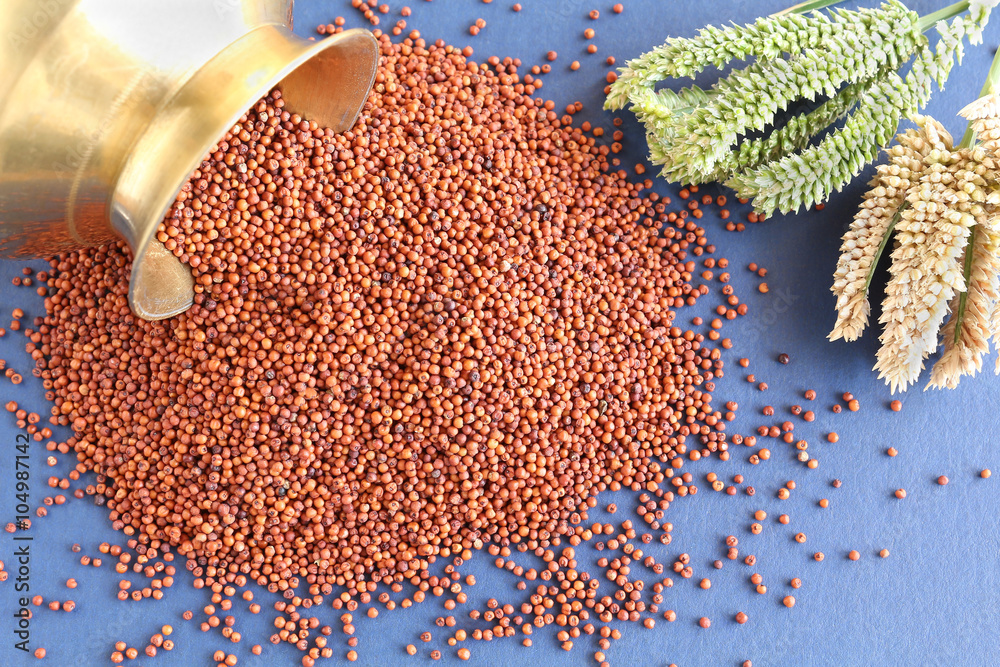Heartburn is a common and uncomfortable sensation that many people experience at some point in their lives. Despite its name, heartburn has nothing to do with the heart. Instead, it is a burning sensation in the chest that occurs when stomach acid flows back into the esophagus. This article aims to shed light on what heartburn is, why it happens, and effective ways to alleviate and prevent this bothersome condition.

What is Heartburn?
Heartburn, also known as acid indigestion or pyrosis, is a symptom of gastroesophageal reflux disease (GERD) or acid reflux. It occurs when the lower esophageal sphincter (LES), a ring of muscle that separates the esophagus from the stomach, relaxes improperly, allowing stomach acid to flow back into the esophagus.
Why Does Heartburn Happen?
Several factors contribute to the occurrence of heartburn:
- Dietary Choices:
- Consuming acidic, spicy, or fatty foods can trigger heartburn. Citrus fruits, tomatoes, chocolate, garlic, onions, and caffeine are common culprits.
- Lifestyle Factors:
- Smoking and excessive alcohol consumption can relax the LES, promoting acid reflux. Being overweight or pregnant may also increase the likelihood of heartburn.
- Hiatal Hernia:
- A hiatal hernia occurs when a portion of the stomach pushes through the diaphragm. This condition can contribute to acid reflux.
- Certain Medications:
- Some medications, such as aspirin, ibuprofen, certain muscle relaxers, and blood pressure medications, may increase the risk of heartburn.
How to Cure and Alleviate Heartburn:
While complete “cure” may not be possible for chronic conditions like GERD, there are various strategies and lifestyle changes to effectively manage and alleviate heartburn symptoms:
- Dietary Modifications:
- Identify and avoid trigger foods. Opt for a balanced diet that includes lean proteins, whole grains, fruits, and vegetables.
- Eat smaller, more frequent meals to prevent overloading the stomach.
- Lifestyle Changes:
- Maintain a healthy weight through regular exercise.
- Quit smoking, as it relaxes the LES and exacerbates heartburn.
- Limit alcohol intake, particularly during meals.
- Posture and Timing:
- Avoid lying down or going to bed immediately after eating. Allow at least two to three hours for digestion.
- Elevate the head of your bed by 6 to 8 inches to minimize the chances of acid reflux during sleep.
- Over-the-Counter Medications:
- Antacids, H2 blockers (e.g., ranitidine), and proton pump inhibitors (e.g., omeprazole) can provide temporary relief by neutralizing or reducing stomach acid.
- Natural Remedies:
- Ginger tea, chamomile tea, and aloe vera juice may help soothe the esophagus.
- Chewing gum can stimulate saliva production, which helps neutralize stomach acid.
- Consulting a Healthcare Professional:
- Persistent or severe heartburn requires medical attention. A healthcare professional can recommend prescription medications or further diagnostic tests if necessary.
Conclusion:
Heartburn is a common digestive discomfort that can significantly impact one’s quality of life. Understanding the triggers, making lifestyle adjustments, and incorporating effective remedies into your routine can help manage and alleviate heartburn symptoms. If symptoms persist or worsen, seeking advice from a healthcare professional is crucial for a proper diagnosis and personalized treatment plan. By taking proactive steps, individuals can regain control over their digestive health and experience relief from the discomfort associated with heartburn.



